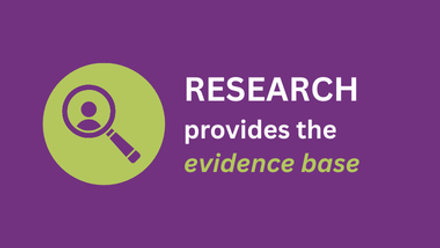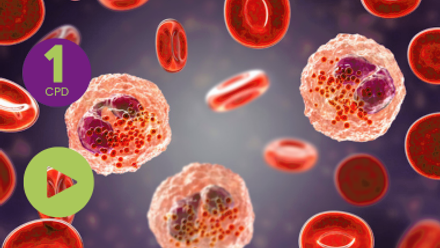Optimising survivorship post-BMT: healthcare professionals’ perceptions of long-term care
Despite growing interest in cancer survivorship care internationally and the evolving role of community-based health professionals in providing some long-term care, evidence-based descriptions and assessments of various models of care are scarce [1, 2]. In particular, survivors of blood and marrow transplant (BMT) often require complex life-long care, placing significant burdens on patients, their carers, and the entire health system [3]. In an Australian study Dyer [4] estimated that due to the range of morbidities experienced by survivors of BMT, allogeneic survivors may require up to 34 assessments or consultations involving six specialties each year.
Historically, BMT specialist centres have assumed responsibility for providing guideline-based, long-term follow-up care [3]. However, this is unsustainable, inefficient and can result in poor quality care as transplant clinicians are overburdened with a growing survivor population and a plateauing workforce [5, 6]. Additionally, clinicians in these acute settings often lack training or expertise in managing the long-term issues experienced by survivors of BMT. These long-term issues may include providing health counselling, health promotion and preventive care advice, and advising on sexual dysfunction or psychosocial care [4, 7].





